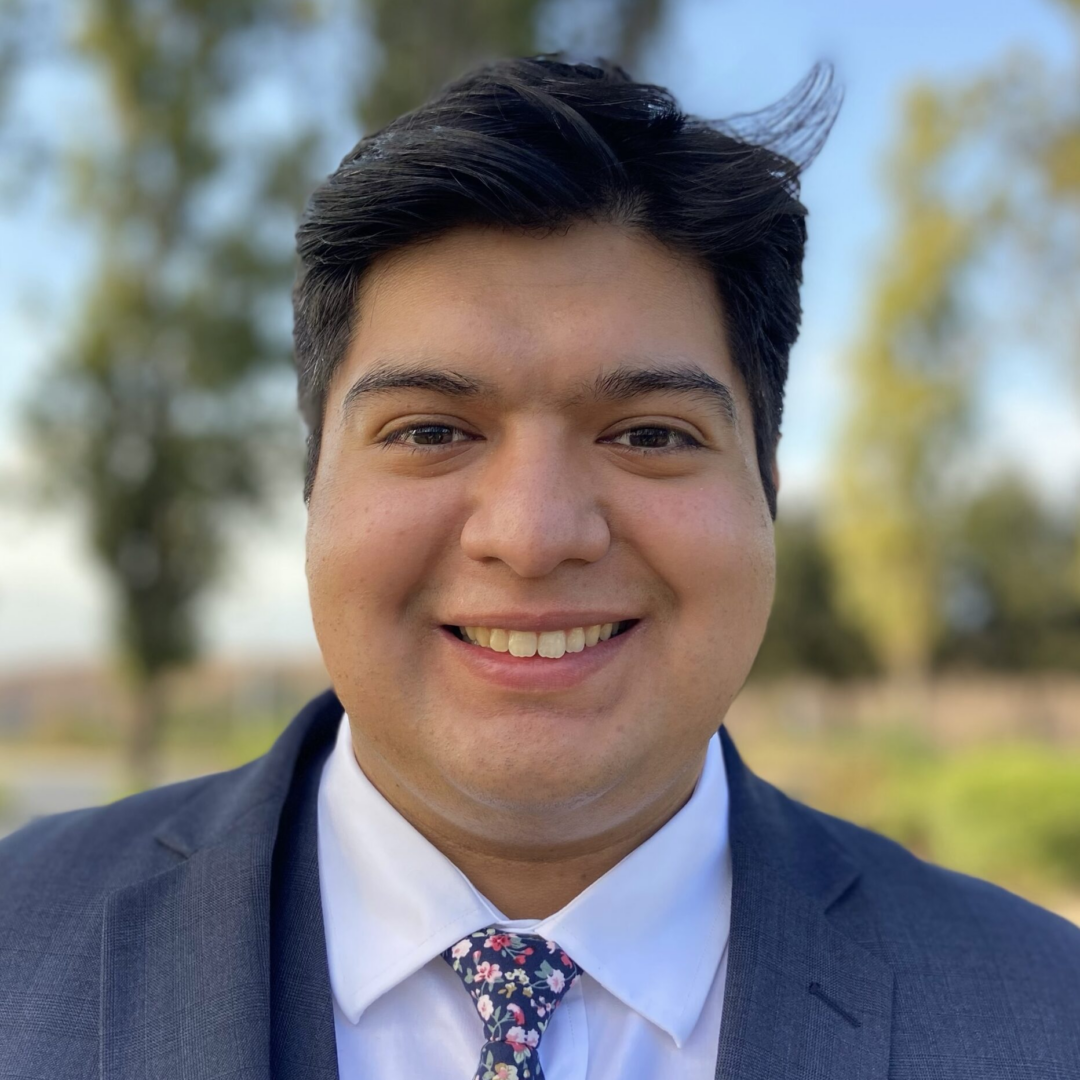Elder Abuse Prevention: What College Students Should Know…And Why They Should Care
Ricky Esquivel, MAMG
Research Assistant, National Center on Elder Abuse
September 13, 2023

With the new school year beginning, I think back to my first semester in college and being asked the question most commonly posed to freshmen, “What is your major?” I quickly grew to dislike this question because when I responded, “Gerontology,” no one seemed to know what it meant. As I explained, I watched as their expression dimmed from intrigue to disinterest. I can only imagine the reaction I would have received if I began to talk about elder abuse.
I am sure that I am not the only one to have felt this way at some point. The truth is that elder justice is not a well-known concept, and I’ve noticed that you either find yourself in this field due to a chance encounter or personal experience. For me, it was the former. The summer after graduating high school, I was in a pre-medical pipeline program through the University of Southern California (USC), which introduced high school students and recent graduates to various healthcare fields. At the end of this program, the top two students were selected to participate in a research project with USC faculty. I wasn’t selected. In retrospect, I followed a much better path.
The pipeline program director connected me with the National Center on Elder Abuse (NCEA), a resource center that had just found its new home at USC. I was quickly onboarded as a volunteer, offering four hours a week. In time, I was given more responsibility and moved up to intern, then student worker, to my present position, research assistant. Among my current roles, I serve as co-preceptor of our internship and volunteer program. Taking on this role has been a full circle moment for me, as I now oversee students, some from my own school, the USC Leonard Davis School of Gerontology.
This past spring, I precepted interns, Kelvin Nguyen and Parker Della Penna, who developed a new NCEA fact sheet, Elder Abuse Prevention: What College Students Should Know. The publication was created to educate college students about the significant role they can play in elder abuse prevention. For example, elder social isolation is a risk factor associated with increased exposure to maltreatment. College students can potentially reduce social disconnection through engagement in intergenerational programs and fostering relationships with older people. Young people are also influencers on social media and within their communities. By learning about elder abuse, they can educate their peers, raise awareness, advocate for change, and contribute to improved societal attitudes towards aging.
Beyond interpersonal exchanges and awareness activities, college students are in a unique position to contribute to the development of new interventions, technologies, and approaches to addressing maltreatment. What they are learning and creating today will be implemented and applied tomorrow. Addressing elder abuse prevention now will help ensure it is a priority in the future.
This fact sheet is a step towards a better understanding of elder justice, so that one day soon, incoming freshmen receive a positive reaction rather than an indifferent one when they respond with ‘Gerontology’ as their major – and justice for elders becomes a shared concern and objective for people of all ages.
